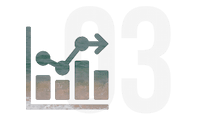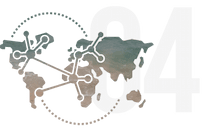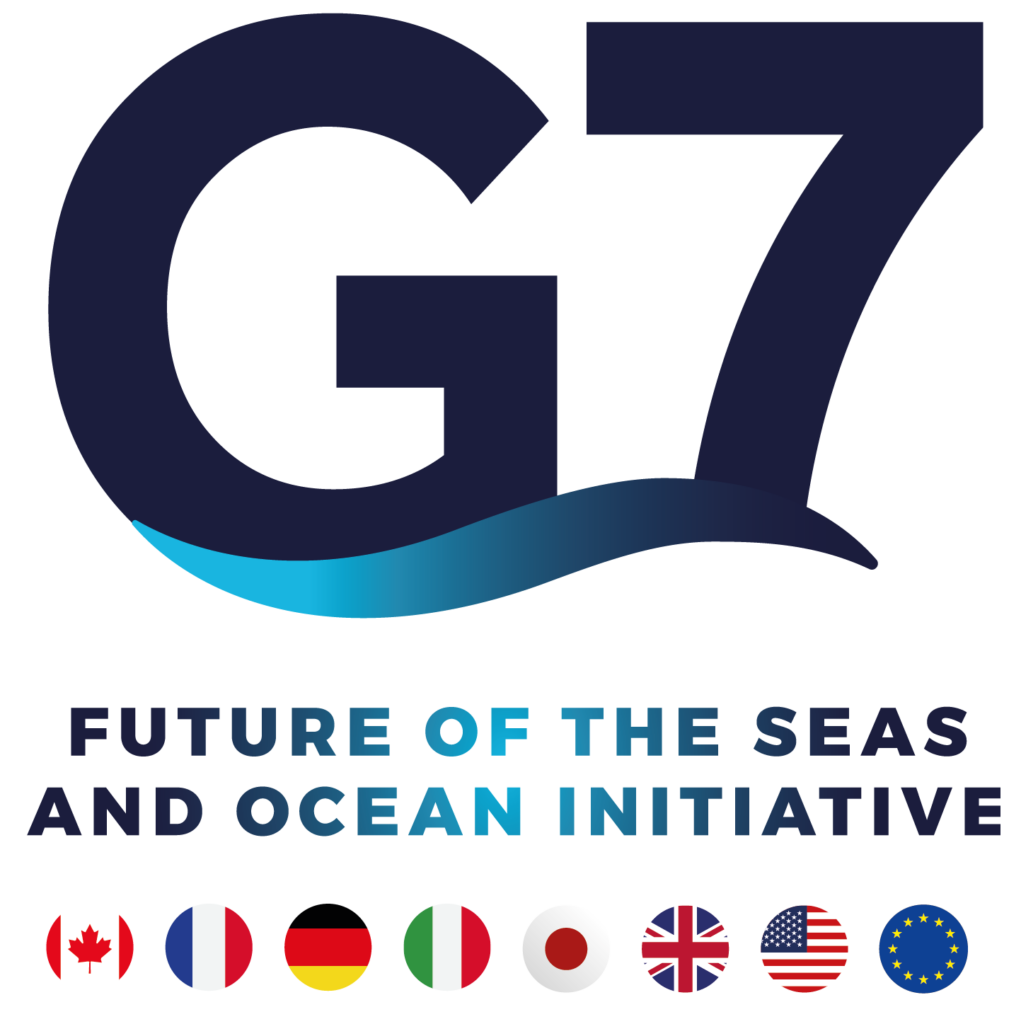The G7 FSOI Working Group examines various topics related to its Action Areas annually. Some topics may be included in the annual work plan continuously, while others might be addressed intermittently based on their relevance.





New topics may be proposed by the Working Group members, with special consideration given to the member holding the presidency for that year. Example topics (in alphabetical order) include Arctic Ocean Observations, Argo, Augmented Observing and Forecasting for Marine Life, Digital Twin of the Ocean Capacity, Global Ocean Monitoring Indicators, Governance, Coordination, and Sustained Funding for the Observing System, Marine Research Infrastructure Integration and Harmonization, and Ocean Carbon.
G7 FSOI members can propose intersessional activities that align with the annual work plan. These activities range from co-sponsoring workshops on G7 priority areas to conducting in-depth ‘think-tank’ reviews of specific issues. The outcomes of these intersessional activities serve as information and advice for consideration for the G7 FSOI Working Group.
A list of G7 FSOI intersessional activities can be found here
2024
- Marine Research Infrastructure Integration and Harmonization workshop, hybrid, Bologna, Italy, 12 July 2024. The workshop gathered representatives from national agencies or ministries who finance ocean observing networks, leading experts and/or managers of national or regional marine research infrastructure/observing networks, Global Ocean Observing System (GOOS), national focal points, and relevant experts from the Group of Senior Officials on Global Research Infrastructures. Dedicated to leveraging the potential of marine research infrastructures for sustained ocean observing, participants provided advice on how other global research infrastructures have been established and operated. Lead organizer: Italy with support from the UK
- Workshop on the Governance, Coordination, and Sustained Funding for the Observing System topic (Lead organizers: France, USA)
2023
- G7 FSOI co-sponsorship of the Integrated Ocean Carbon Research (IOC-R) workshop (3-5 May, European Commission, Brussels) to synthesize information on new and existing ocean carbon projects, programmes and initiatives both within and outside of the Ocean Decade, to discuss knowledge gaps and emerging ocean carbon issues, to revise the Integrated Ocean Carbon Research (IOC-R) Review and Vision document, and to establish an Ocean Decade Community of Practice focusing on ocean carbon. The IOC-R working group is co-sponsored by the Intergovernmental Oceanographic Commission (IOC), the Scientific Committee on Oceanic Research (SCOR)/-IOC International Ocean Carbon Coordination Project (also serves as the GOOS biogeochemistry panel), the Global Carbon Project, World Climate Research Programme (WCRP), Climate and Ocean Variability, Predictability and Change (CLIVAR), the International Convention for the Safety of Life at Sea (SOLAS), and Integrated Marine Biosphere Research (IMBeR). (Lead organizer from the G7 FSOI: EU).
- G7 FSOI co-organization of an international workshop on Marine Life Observing and Forecasting in collaboration with the GOOS Bio/Eco panel, titled: “Towards a global marine plankton observing network: development of a strategy and implementation plan.” The workshop will focus on identifying ways to better connect large-scale ocean surface observation with the under-surface fast-developing observation capacities to advance knowledge on ecological processes and confidence in forecasting, as well as actions to advance FAIR data and the interoperability of plankton dataspaces. (Lead organizer from the G7 FSOI: EU). Summary report: https://www.g7fsoi.org/wp-content/uploads/2023/10/Plankton-workshop-report-11102023_final.pdf)
2021-2022
G7 FSOI activities were carried out through two types of engagement:
- Resource Strategy Groups, which bring together G7 government representatives responsible for funding ocean observations to agree on common investment priorities and implementation strategies, or to carry out reviews and foster dialogues on G7 ocean observing governance, coordination, and funding mechanisms.
- Scientific and Technical Support to GOOS Expert Groups, where the G7 FSOI Coordination Centre provides support to the GOOS Expert Groups to address G7 priority issues, particularly to enhance observation capacity in under-sampled areas for under-sampled variables.
Click here for the full list of activities during this period.
